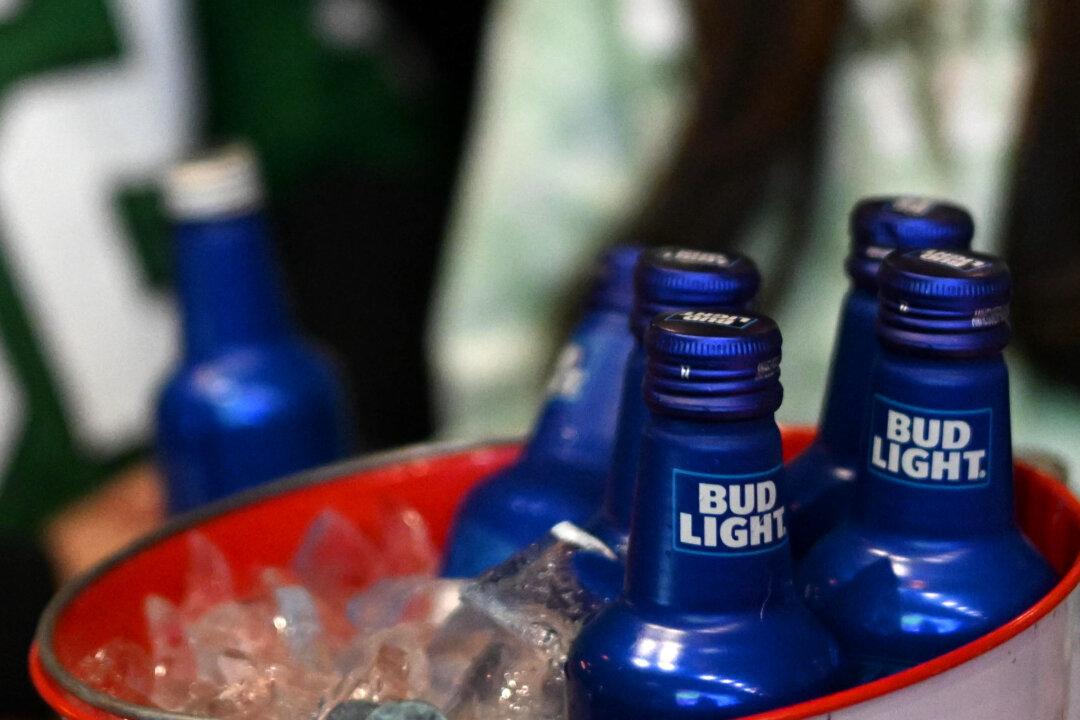The boycott against corporations that tried to push left-wing sex and gender ideology on their customers opens the opportunities to expose what’s behind their embrace of “woke” agenda, according to author and commentator James Lindsay.
Speaking on EpochTV’s “Crossroads,” Lindsay said the boycotts “must definitely have an impact,” as Bud Light’s parent company Anheuser-Busch scrambled to downplay its now-notorious partnership with transgender TikTok personality Dylan Mulvaney.






